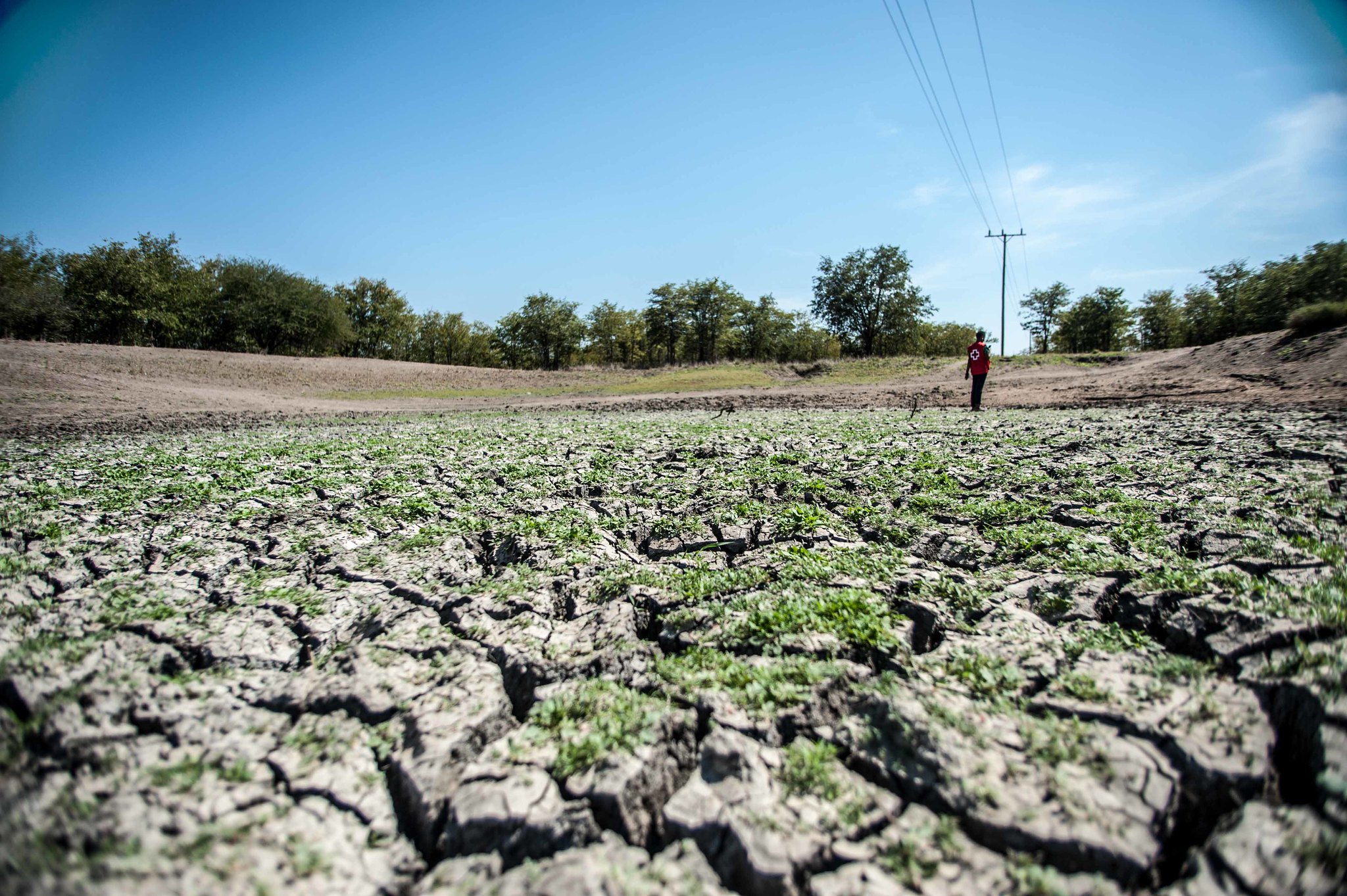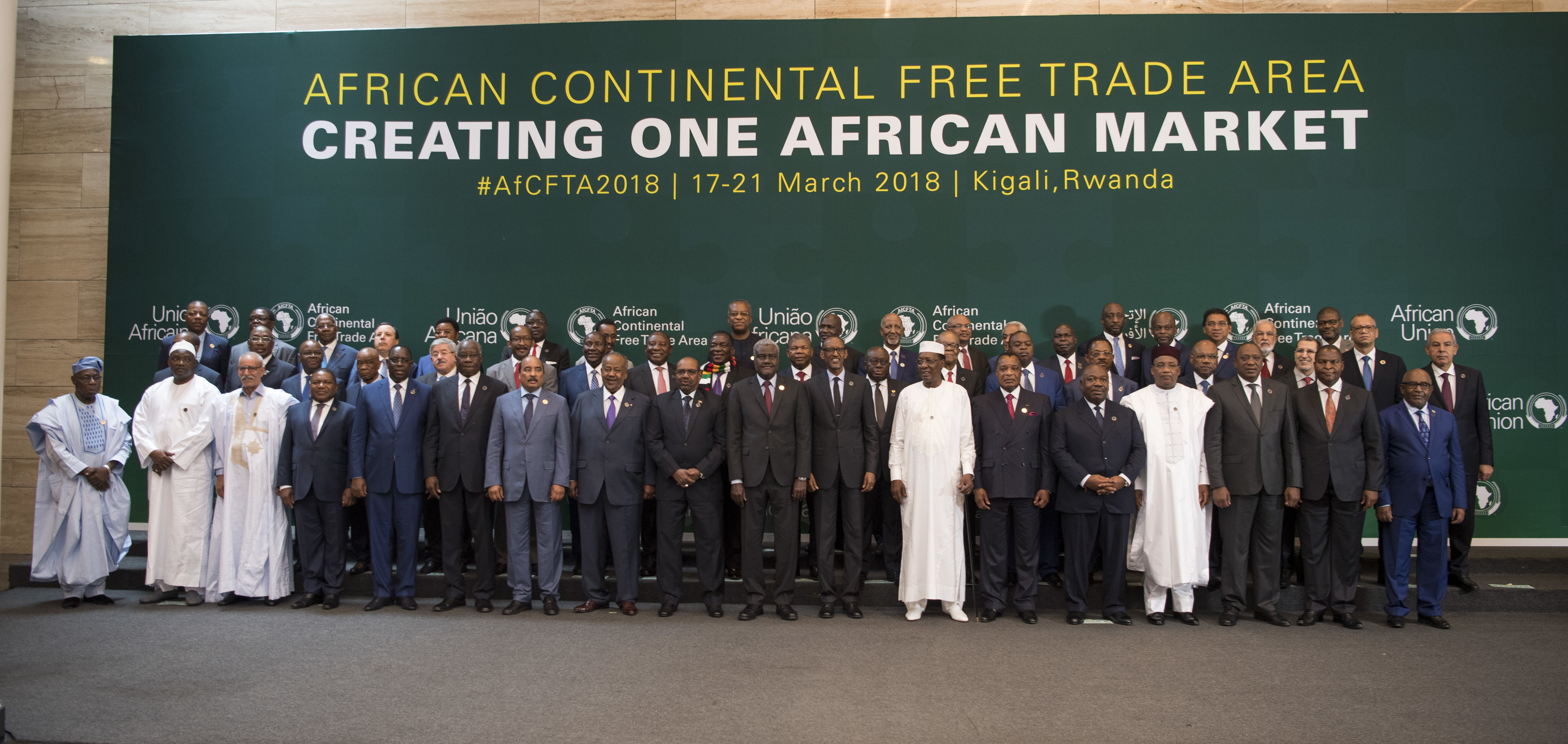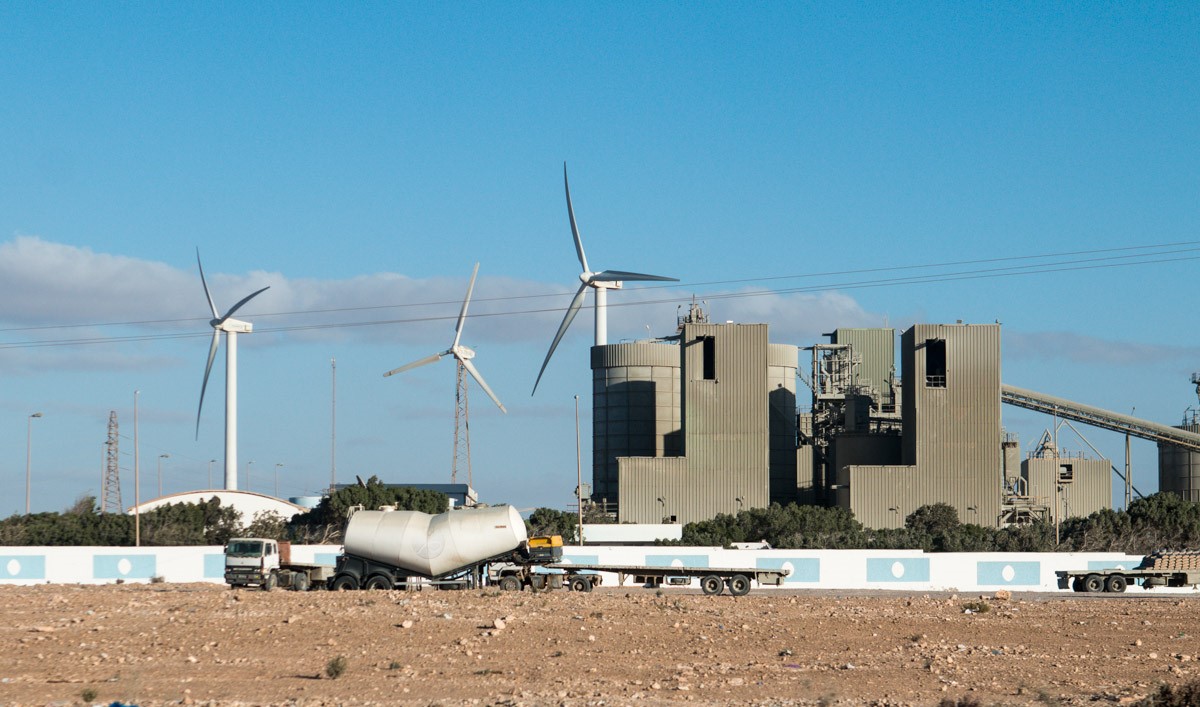Economists have long hailed industrialisation as a catalyst for economic development and poverty reduction. Unfortunately, in Africa, this transformational process has remained elusive. To meet the challenges of today and seize the opportunities, writes Carlos Lopes, Africa will need to forge its own path and not rely on old models of industrialisation.
Africa’s industrialisation journey must be guided by its unique characteristics and current realities. It must chart its own course, one that is tailored to its available resources, labour dynamics, and existing economic structures. To do so, it will need a new approach to policymaking. One that is adaptable, reflexive, and that moves away from the ‘one model fits all’ approach of the past.
Challenges
In charting its own path to industrialisation in today’s economy, Africa faces many challenges that previous industrialisation drives did not.
China and East Asia chose an export-oriented manufacturing path. As a latecomer to industrialisation, this path is complicated as supply chains and manufacturing plants have already been established elsewhere. The good news is that services, agriculture, and production rather than mere extraction of raw materials hold immense potential for driving sustainable industrialisation on the continent.
The digital revolution has opened new avenues for Africa to leapfrog traditional stages of development. By harnessing digitalisation and adopting innovative production models, it can enhance productivity, efficiency, and competitiveness across various industries. But this will require the continent to undergo simultaneous digital and industrial transformations where delay of one will hold back progress in the other.
Environmental sustainability must be at the core of Africa’s industrialisation agenda. Blessed with abundant natural resources the continent can be an early adopter of green industrialisation practices. Currently, Africa accounts for a small percentage of global emissions. But that could rise as the continent industrialises if sustainability is not baked in from the start. Africa is also extremely vulnerable to the effects of climate change, any increase in emissions resulting in an increase of global heating would likely wipe away any socioeconomic gains from industrialisation.
Africa’s industrialisation efforts cannot exist in isolation from geopolitics. Building resilient supply chains and forging strategic partnerships are crucial for ensuring supply chain security in an increasingly uncertain world. Regional integration, collaboration, and knowledge exchange can help overcome geopolitical challenges and enhance industrial competitiveness on the global stage. This will require delicate diplomacy and long-term economic and political thinking from the continent’s leaders.
For African industrialisation to succeed, political-economic buy-in is paramount. It is crucial to create an environment that garners support from governments, anchor investors, and other key economic actors. By fostering consensus through constructive dialogue and promoting public-private partnerships, it is possible to unlock the necessary resources and expertise for effective policy implementation. But the opposite is also true. Without a whole of economy buy-in, investors will focus on the risks, the necessary laws won’t be passed, and business and consumer confidence will stagnate, and industrialisation will stall.
Opportunities
To adapt to these challenges and achieve sustainable industrialisation Africa must change the way it creates policy.
Africa must move away from prescriptive models and accept that there is no single model for successful industrialisation. Its path must be contemporary, sustainable, and uniquely African.
To achieve this, African countries must embrace adaptive policymaking, which allows for experimentation and learning. By adopting a proactive test-and-learn methodology, governments can focus on implementation, building capacity, and delivering results. Ministries responsible for industrial policy need the resources and influence to design, monitor, and implement their own policy experiments. Relying solely on external assistance and expertise limits the effectiveness of these institutions. A well-resourced and skilled industrial policymaking apparatus is essential for Africa’s success.
Breaking away from the state versus market dichotomy, governments must engage with businesses, workers, civil society organizations, and other stakeholders to ensure policies align with the needs and aspirations of the broader society. By tapping into industrial ecosystems, governments can identify local solutions, address misaligned policies, and accelerate progress.
Incremental steps will not suffice; Africa must dream big and envision a future where its industries thrive and drive sustainable growth. By setting audacious targets and implementing comprehensive policies, Africa can unleash a transformative wave that propels its structural transformation. Africa’s strategies must encompass diverse sectors, from manufacturing to services and agriculture, ensuring that no potential avenue is left unexplored.
To unlock the full potential of African industrialisation domestic action alone will not be enough, enhanced regional integration is imperative. Fragmented markets and trade barriers pose significant challenges by stifling economies of scale and hindering cross-border investments. Africa must break down these barriers, harmonise trade policies, and facilitate the free movement of goods and services as envisaged by the African Continental Free Trade Area. By fostering greater regional cooperation, the continent can attract larger investments, encourage innovation, and create an environment that nurtures industrial growth.
In the current economic climate, resources must be channelled strategically and focused on sectors that offer high growth potential. By directing investments towards value-added industries, technology adoption, and infrastructure development, Africa can enhance its industrial competitiveness and generate meaningful employment opportunities. Leapfrog technological barriers and the position of Africa as a hub of innovation-driven industries is a tough call but not an impossible proposition. Countries must cultivate a vibrant ecosystem that empowers and supports aspiring entrepreneurs and small and medium-sized enterprises. Access to finance, mentorship programs, and an enabling regulatory environment are crucial in unleashing the creativity and ingenuity of its young population.
Africa’s industrialisation journey is not without obstacles, but the prize of sustainable economic development and poverty alleviation makes it worth pursuing. By upgrading the art of policymaking, embracing adaptability, and forging partnerships, Africa can forge its unique path towards sustainable industrialisation unlock its true potential, and create a prosperous future.
Photo credit: Shiyang Huang used with permission CC BY-NC-ND 2.0





